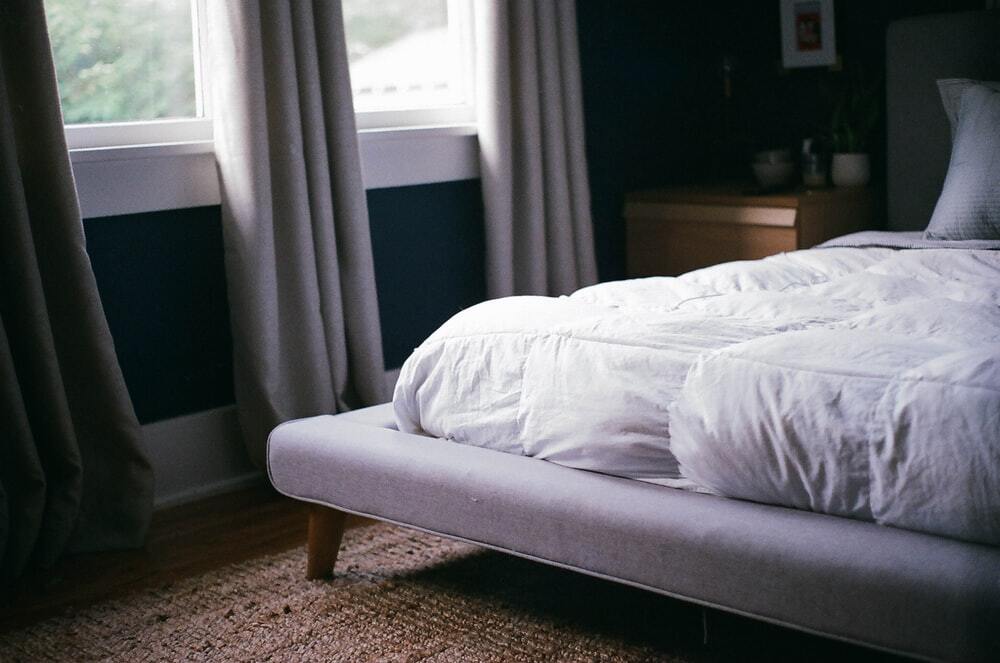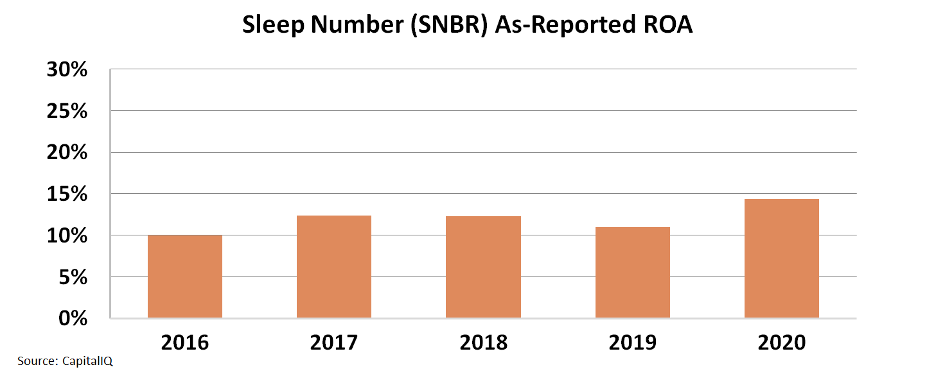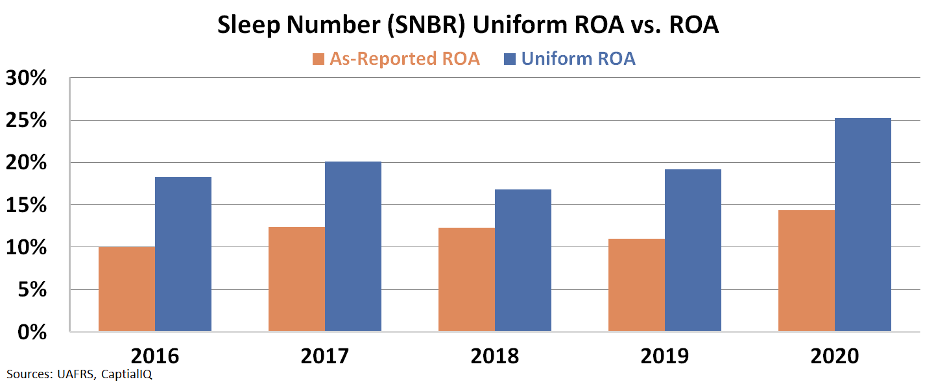 That late-night scroll through Facebook (FB) may be the reason you're not getting a good night's sleep...
That late-night scroll through Facebook (FB) may be the reason you're not getting a good night's sleep...
Technology has revolutionized the way we think, work... and light our everyday lives.
Nighttime does not stop our work. Spread across the U.S., Europe, and Asia, Altimetry's staff can work on the same project around the clock, handing off that project to a team in another time zone, with truly 24/7 productivity.
Technology and globalization took us out of the darkness of the past. As with many technological advances, there are some negative consequences.
For one, we have too many reasons to stay awake with too much light.
Think about the amount of time you spend on a typical day staring at a screen of some sort, be it a computer, cellphone, television, or another device. Smartphones have apps to track your screen time, though many of us pay little attention.
It's still dark outside while I write this. Yet, I'm surrounded by digital lighting. And for the rest of the day, until I go to sleep tonight, I will spend an absurd amount of time with my eyes glued to some form of screen.
I'm currently reading a book on my phone called Why We Sleep: Unlocking the Power of Sleep and Dreams. It's by neuroscientist and sleep researcher Matthew Walker.
A good friend of mine and a long-term client of the firm recommended the book to me. He is one of the most respected money managers in Boston, and he's a bit of a health nut as well. The issues surrounding sleep and screen time are all abuzz in his circles.
To put it frankly, the book is scary. It talks about all of the consequences of failing to sleep less than 7 hours a night. Walker deems "lucky seven" as the magic number for the minimum hours of sleep needed.
Anything less, Walker says, dramatically increases your likelihood of getting sick, becoming obese, having later-life cognitive issues, and just an inability to be creative.
You're probably reading this and thinking, like myself and many of my overachiever friends, "I'm different. I can get by on five to six hours of sleep."
Maybe so... but are you as creative as you could be? Are you as lean and muscled as you'd hope to be? Might you have increased chances of cognitive issues in your twilight years?
According to the latest sleep research, unfortunately, the answer is scary. Across the board, cognitive, emotional, and physical health requires nightly sleep of seven or more hours across the board.
Why We Sleep doesn't just talk about why you need to get enough sleep. It also discusses contributing factors to a lack of adequate sleep.
Alongside simply overworking, your eyes may be simply getting too much light, from all the various lighted and lighting instruments in our daily lives, especially later in the day.
The book doesn't spend much time on how to get better sleep. However, chapter after chapter makes a compelling argument that seven to nine hours is necessary to function at optimum levels.
 There are other important areas to focus on to lengthen and improve the quality of sleep...
There are other important areas to focus on to lengthen and improve the quality of sleep...
As we've talked about before, other potential ways to improve sleep quality include retrofitting your sleep environment with features like blackout shades to reduce sunlight and, more importantly, investing in the right sleep surface.
I may be an outlier in Western culture, but I find the optimum bed is actually the floor.
That's right. In New Hampshire, Istanbul, and the Philippines... I have no beds. I will request extra sheets and pillows in hotels and make a spot somewhere in the room for my slumber.
Hearing this, my very polite friends have said everything from "That's really interesting" to "You're a quirky individual."
I tried it out years ago, and I just found I could get heavier, longer sleep. The firmest mattresses weren't firm enough.
My wife agrees with my floor-sleeping quirkiness. In a blessing of fate, I've found the right partner for life. Otherwise, I would have had to have found an alternative.
So, wherever we are in the world, we have a bunch of wonderfully comfortable pillows and great soft linens, and big puffy duvets. It's just that it's all on a mattress pad about an inch off the floor.
 That's not a recommendation for everyone... Find the right bed firmness for you...
That's not a recommendation for everyone... Find the right bed firmness for you...
Researcher upon researcher has found that a third of your day and your life should be spent sleeping. And I realize that most people are not comfortable sleeping on the floor. So, I do suggest investing in a bed.
People are coming to realize that they spend $60,000 on a car that they may drive two hours or less a day. Or much more on a boat that they'd use less than 20 days a year.
So, it's become a no-brainer to spend hundreds of dollars or more on a bed where a third of your day will be spent, empowering the other two-thirds of your day.
Premium mattresses like those offered by Sleep Number (SNBR) have become especially relevant in a world full of people not getting enough sleep, with features such as temperature and firmness adjustment to tailor the mattress to each individual's unique needs.
However, it would appear at a cursory glance that Sleep Number doesn't command a premium price relative to its costs to manufacture. According to most financial databases, the incorrect ones, the company earned an as-reported return on assets ("ROA") of only 11% over the past five years, less than the corporate average of 12% in the U.S.
While the company makes a profit, it doesn't appear to separate itself from the pack.
However, due to a slew of distortions in as-reported accounting standards, Sleep Number's profitability has been artificially deflated. GAAP fails to fully capture just how much value people place on their beds.
Looking at Uniform Accounting metrics, we can see that Sleep Number's real ROA is actually closer to two times what the as-reported numbers reflect, showing that people are willing to pay a premium for a quality mattress.
It seems folks invested during the pandemic, too. Uniform ROA grew from the 20% range in the past four years to 25% in 2020.
Because consumers know the importance of paying for quality when it comes to their sleep surface, Sleep Number and others like it can continue to make a killing, charging premium prices for comfort.
 Without the real numbers, it's difficult to decipher which companies will break out of the pack and unlock real value...
Without the real numbers, it's difficult to decipher which companies will break out of the pack and unlock real value...
And it's by tapping the hidden corners of the stock market that you can make double- and triple-digit gains.
In our Altimetry's Hidden Alpha newsletter, we put our Uniform Accounting analysis to work to identify stocks that are primed to be big winners... with significant upside ahead. Around 70% of our Hidden Alpha portfolio recommendations are up by double-digits or triple-digits... with gains as high as 189%.
If you aren't already subscribed, you can learn more about Hidden Alpha – and how to gain instant access to the full portfolio of open stock recommendations – by clicking here.
Regards,
Joel Litman
September 17, 2021



 That late-night scroll through Facebook (FB) may be the reason you're not getting a good night's sleep...
That late-night scroll through Facebook (FB) may be the reason you're not getting a good night's sleep...



